双极板流道结构设计及其对质子交换膜燃料电池性能影响毕业论文
2020-04-15 17:44:24
摘 要
质子交换膜燃料电池(PEMFC)是新型清洁能源的一种,身为可持续发展领域中的一颗新起之秀,近年来国内外许多学者纷纷发现了它的光芒。PEMFC由多个部件组成,其中双极板是电池的核心部分,电池性能的优差很大程度的取决于双极板的结构设计。
本课题以PEMFC为研究主体,采用数值模拟仿真技术(如Pro/E技术)模拟仿真不同双极板流场结构,模拟了矩形截面、半圆形截面、梯形截面流场。从电流密度、温度和压力三个方面出发,通过模拟结果进行对比、分析和总结三步骤,探索了这三种不同截面的流场是否会对PEMFC的性能产生优化。以下是具体的工作步骤和对针对结果的分析:
(1)基于ANSYS软件,建立了蛇形流道的阴极双极板的PEMFC三维数值计算模型,包括矩形截面、半圆形截面和梯形截面,采用CFD方法模拟不同截面形状阴极双极板PEMFC的电化学性能。
(2)通过比较三个流场的电流密度结果,可以发现电流密度分布范围在梯形截面中最大,在矩形截面中最小。但电流密度变化的大小不太受流场截面形状的影响,都是氧气进口处电流密度大,从进口处到出口处,电流密度逐渐递减。
(3)通过对比这三种形状流场的温度变化结果,可以看出温度的变化程度最大的是梯形截面,而矩形截面下温度的变化最小。尽管流道形状不同,但都是氧气进口处温度高,从进口处到出口处,温度逐渐降低。
(4)通过对比这三种形状流场的压力变化结果,发现这三种流道的压力变化趋向无别,均是进口处压力最大,随着电池的反应,从氧气进口到氧气出口压力逐步减小,使得阴极出口处压力最低。
(5)仿真结果表明,尽管形状不同,但矩形截面、半圆形截面和梯形截面流场下的燃料电池的性能没有太大出入,三者对PEMFC的影响几乎一致。
关键词:质子交换膜燃料电池 双极板 矩形截面 梯形截面 半圆形截面
Bipolar plate flow channel structure design and its effect on proton exchange membrane battery performance
Abstract
Proton exchange membrane fuel cell (PEMFC) is a new type of clean energy. As a rising star in the field of sustainable development, many scholars at home and abroad have discovered its radiance in recent years. The PEMFC is composed of a plurality of components, wherein the bipolar plate is the core part of the battery, and the performance of the battery is largely determined by the structural design of the bipolar plate.
This topic uses PEMFC as the research subject, and uses numerical simulation technology (such as Pro/E technology) to simulate the flow field structure of different bipolar plates, and simulates the flow field of rectangular section, semi-circular section and trapezoidal section. From the three aspects of current density, temperature and pressure, through the simulation results, the three steps of comparison, analysis and summary are used to explore whether the flow fields of these three different sections will optimize the performance of PEMFC. The following are specific work steps and analysis of the results:
(1) Based on ANSYS software, a three-dimensional numerical calculation model of PEMFC for cathode bipolar plates with serpentine flow path is established, including rectangular section, semi-circular section and trapezoidal section. CFD method is used to simulate cathode bipolar plate PEMFC with different cross-section shapes. Electrochemical performance.
(2) By comparing the current density results of the three flow fields, it can be found that the current density distribution range is the largest in the trapezoidal section and
the smallest in the rectangular section. However, the magnitude of the current density change is not influenced by the cross-sectional shape of the flow field. The current density at the oxygen inlet is large. From the inlet to the outlet, the current density gradually reduces.
(3) By comparing the temperature changes of the three shapes of the flow field, it can be seen that the temperature change is the most trapezoidal cross section, and the temperature change under the rectangular cross section is the smallest. Although the shape of the flow path is different, the temperature at the oxygen inlet is high, and the temperature gradually decreases from the inlet to the outlet.
(4) By comparing the pressure changes of the three kinds of flow fields, it is found that the pressure changes of the three flow paths tend to be different, and the pressure at the inlet is the largest. With the response of the battery, the pressure from the oxygen inlet to the oxygen outlet is gradually increased. Reduced so that the pressure at the cathode outlet is the lowest.
(5) The simulation results show that although the shapes are different, the performance of the fuel cell under the rectangular cross section, the semicircular cross section and the trapezoidal cross section flow field is not much different, and the influence of the three on the PEMFC is almost the same.
Key Words: Proton exchange membrane fuel cell;Bipolar plate;Rectangular cross section;Trapezoidal cross section;Semicircular cross sectio
目 录
摘要 I
Abstract i
第一章 绪论 1
1.1 PEM燃料电池的研究背景 1
1.2 燃料电池概述 2
1.2.1 PEM燃料电池的结构 2
1.2.2 PEM燃料电池工作原理 3
1.2.3 几种典型的PEM燃料电池流场 4
1.3 PEM燃料电池流场研究现状 6
1.4 本课题主要研究内容 9
第二章 建立PEM燃料电池流场分析的模型 11
2.1 几何模型的建立 11
2.2 网格划分 12
2.3 边界条件设置 13
2.3.1 边界条件定义 13
2.3.2 收敛性设置 16
2.4 本章小结 20
第三章 模拟结果及讨论 21
3.1 电流密度 21
3.2 温度变化 23
3.3 压力变化 24
3.4 本章小结 26
第四章 结论与展望 27
4.1 结论 27
4.2 展望 27
参考文献 29
致谢 33
第一章 绪论
1.1 PEM燃料电池的研究背景
如今,如何平衡好环境与资源之间的矛盾是热议的一个话题。着眼于化石能源供应不足与环境恶化问题,全世界的目光都聚焦在可持续发展的新能源上。由于氢的生成物是无毒无害这一特性,氢能源的主要运用方式是燃料电池,使得质子交换膜燃料电池引起了我国很多专家学者的高度重视。新能源电池的出现,为能源可持续发展带来了新景象。
作为燃料电池的一种,质子交换膜燃料电池(Proton Exchange Membrane,PEM)的工作效率可高达70%左右,是目前燃油发动机效率的两倍以上。除此之外,PEM燃料电池由于内部反应堆结构简单、没有腐蚀性的液态电解质,清洁卫生并且功率密度高等突出优点,已被公认为电动汽车、区域性电站及航天器等的首选能源。未来极可能成为将传统动力的装置取而代之,有着非常广阔的发展前景。
双极板在质子交换膜燃料电池中扮演着核心角色,它的质量占到了整个电池的75%左右,负责把反应气体分隔开,随着流场将反应气体导入到电池的过程中,传导电流并积攒起来以提高导电率。同时,它还掌管着水热管理的重任:及时的散发热量与排出液体,保证电池的稳定运行。双极板的成本约占总成本的45%,我国目前还没有研制出低成本、高效率的双极板来进行大规模的生产,难以广泛的投入商业化应用中。因此,从整体水平上看,我国在质子交换膜燃料电池的发展领域,与发达国家还存在着一定的距离。
因此,如何降低双极板的重量,缩小双极板的体积,以提升质子交换膜燃料电池的便捷性是当下炙热的一个难题。许多科学家针对流道设计结构最优化,也展开了如火如荼的研究。根据他们的研究成果表明,PEM燃料电池内关键材料的衰减很大程度上是由于双极板流道结构设计不当造成的。因此,通过合理选择双极板结构尺寸,不仅能保证PEM燃料电池的正常稳定运行,还能延长燃料电池的工作寿命。
以上是毕业论文大纲或资料介绍,该课题完整毕业论文、开题报告、任务书、程序设计、图纸设计等资料请添加微信获取,微信号:bysjorg。
相关图片展示:
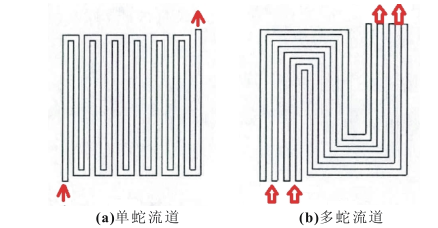
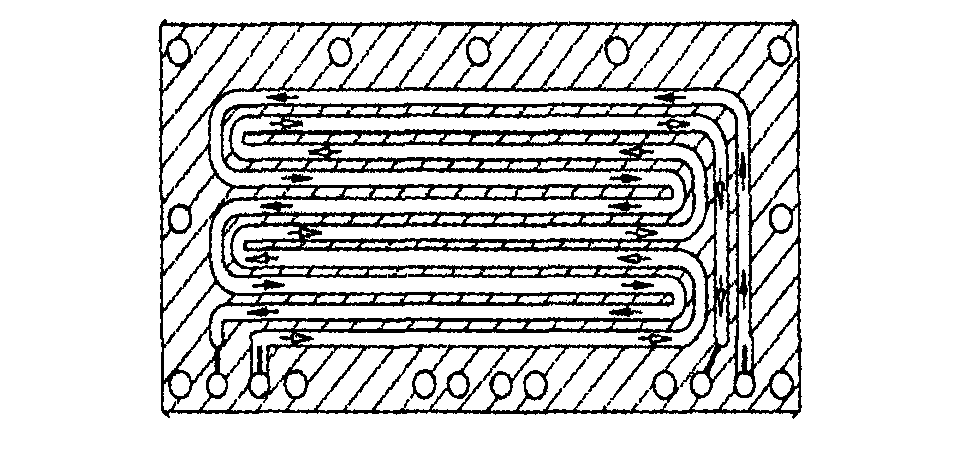
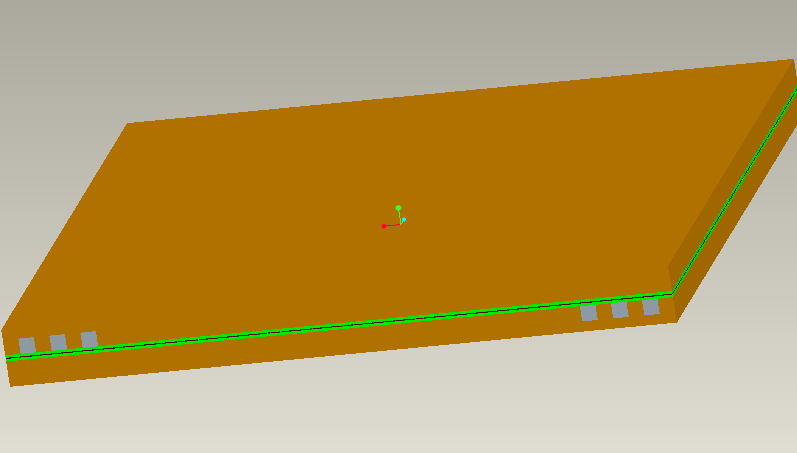
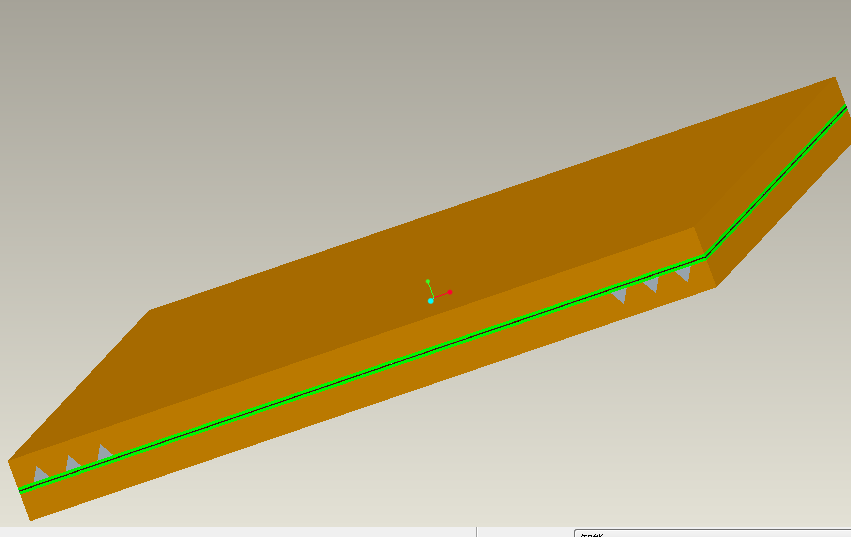
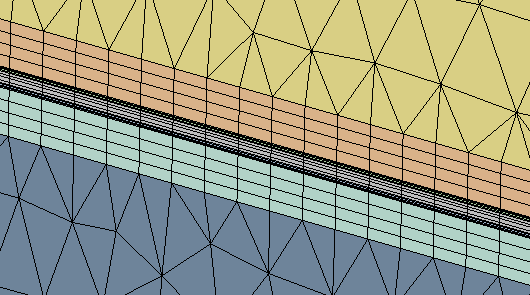
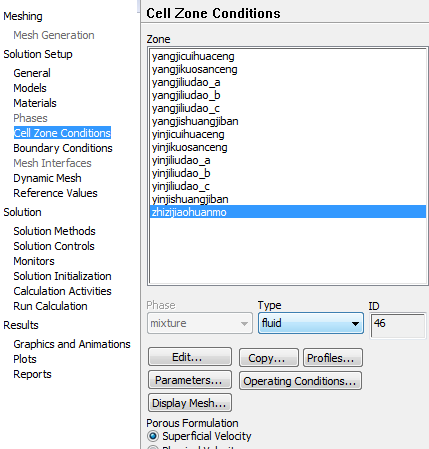
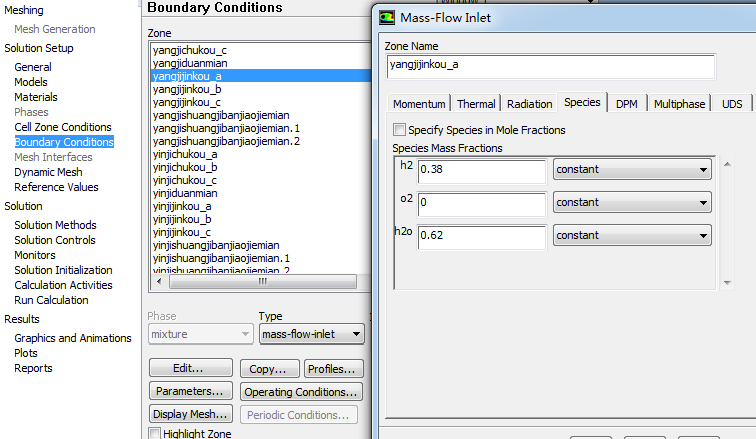
课题毕业论文、开题报告、任务书、外文翻译、程序设计、图纸设计等资料可联系客服协助查找。



